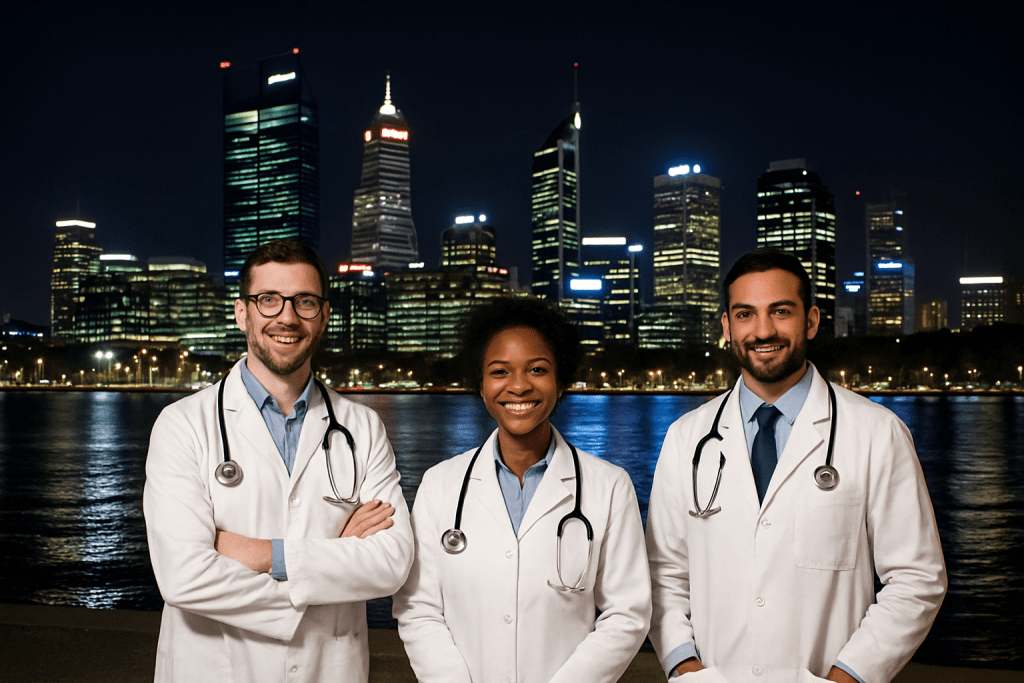
When your regular GP isn’t available — nights, weekends, or public holidays — but you don’t need an emergency department visit, Burslem Medical Centre partners with Night Doctor to bring you safe, convenient, non-emergency after-hours care.
What Kind of Problems They Can Help You With
Night Doctor is NOT an emergency service. You shouldn’t call them (or wait for them) if you suspect a life-threatening issue (chest pain, severe breathing difficulty, stroke signs, etc.).
Here are non-emergency, but still urgent / acute, examples of what they can help with:
| Condition Type | Examples |
|---|---|
| Minor injuries / musculoskeletal | Sprains, strains, mild falls, minor cuts / abrasions that may need sutures but are non life-threatening. Minor head knocks without signs of concussion or more serious warning symptoms. |
| Infections | Urinary tract infections (UTIs), skin infections (e.g. cellulitis, boils), ear infections, respiratory infections (common colds, mild pneumonia) where you just need assessment and/or antibiotics. |
| Sudden acute illnesses | Gastroenteritis, worsening of asthma / COPD (mild/moderate), fevers in children, abdominal pain of mild/moderate severity (but not extreme or suspected appendicitis). |
| Prescription needs | Starter medication, prescription for antibiotics, pain relief, etc. They carry many “starter meds” so you do not always need to visit a late-night pharmacy. |
| General after-hours convenience | People who work irregular hours or shifts and cannot see their GP in the day; people who are unwell at night and need someone to assess whether things are serious; those in aged care / with mobility issues who’d rather have someone come to them. |
What They Don’t / Shouldn’t Do (Non-Emergency Boundaries)
To avoid confusion, here are examples of things Night Doctor won’t or shouldn’t handle, or wants you to seek alternate care:
True emergencies: chest pain, severe shortness of breath, signs of stroke, major trauma etc. For those call 000 or go to the Emergency Department.
Routine follow-ups for chronic conditions (e.g. stable diabetes or hypertension checkups) outside of acute worsening.
Routine tests or imaging that can wait and are not urgent. If you need radiology / scans etc, they may refer you.
Some procedures that require surgical facilities, or specialized tools (e.g. skin cancer surgery, certain joint injections) or certain certifications.
Non urgent things like pre-employment medicals, insurance medicals, etc.
Benefits to You
Convenience: No need to rush to the hospital or a clinic that’s closed. You get care at home.
Reduced waiting times vs Emergency Department. Rather than sitting in ED for many hours, you can arrange a home visit.
After-hours access especially valuable if you work shifts or have commitments during GP office hours.
Starter medications carried: you don’t always need to wait for a pharmacy to open.
Triage before arrival: you get a call to check how sick things look so you’re not blindsided, including directing to ED if needed. This helps avoid risk.
Fees
Your afterhours care is eligible for Medicare rebate and private health insurance coverage, but you must pay a gap.
Please click here to visit the Night Doctor website, scroll down to “Fees”, and select the appropriate coverage you have for all gap amounts.
If you have any difficulty viewing the Fees information on the Night Doctor website, we encourage you to confirm any fees prior to booking when calling Night Doctor.
Contact Details & How to Reach
🟢 Step 3: Your afterhours doctor will call you to give you a quick, free consultation.
🟢 Step 4: Your doctor and their assistant visit you at your home.




